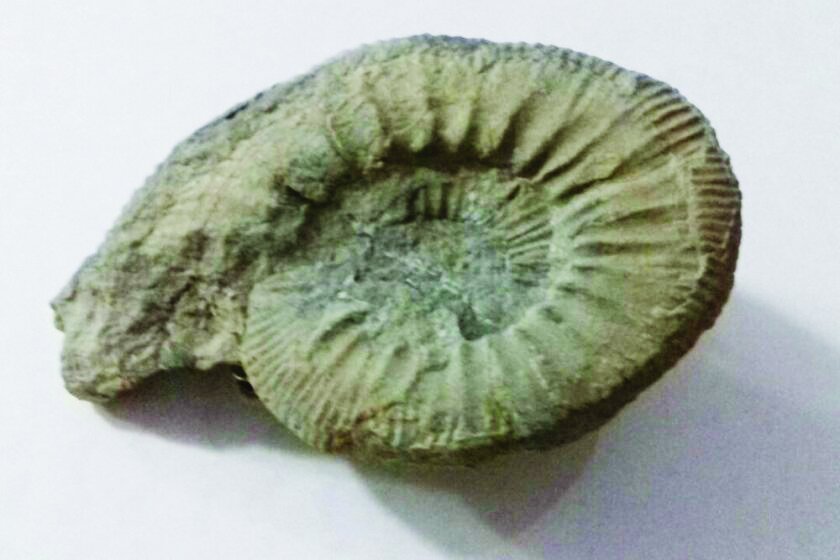180-million-year-old fossil donated to Iran museum

TEHRAN – A fossilized piece of an extinct marine animal, estimated to date more than 180 million years, has recently been donated to a major museum in northeastern Iran.
An Iranian environmentalist donated the object to the Astan Quds Razavi Museum, a vast cultural heritage exhibition located in the holy shrine complex of Imam Reza (AS) in Mashhad, Mehr reported.
The object is a fossilized ammonoid that is discovered in Kalat county near the Hezar-Masjed mountain range in Khorasan-Razavi province, according to a local official in charge of museums and cultural heritage.
“The fossilized ammonoid dates more than 180 million years,” the official noted.
Ammonoids are a group of extinct marine mollusk animals in the subclass Ammonoidea of the class Cephalopoda. Moreover, ammonites are excellent index fossils, and linking the rock layer in which a particular species or genus is found to specific geologic periods is often possible.
Some three million historical objects are being kept in Iranian museums which are affiliated with the Ministry of Cultural Heritage, Tourism, and Handicrafts.
Mashhad is Iran’s holiest and second-largest city. Its raison d’être and main sight is the striking massive shrine complex of Imam Reza (AS), the eighth Shia Imam.
Before the coronavirus puts almost everything on lockdown, Mashhad, played host to thousands of travelers and pilgrims who come from various Iranian cities, neighboring countries, and even across the globe to visit the holy shrine.
According to official statistics, some 37 million Iranian pilgrims and travelers visited the shrine city of Mashhad during the first ten months of the past Iranian calendar year 1398 (March 21, 2019- March 10, 2020).
AFM

Leave a Comment